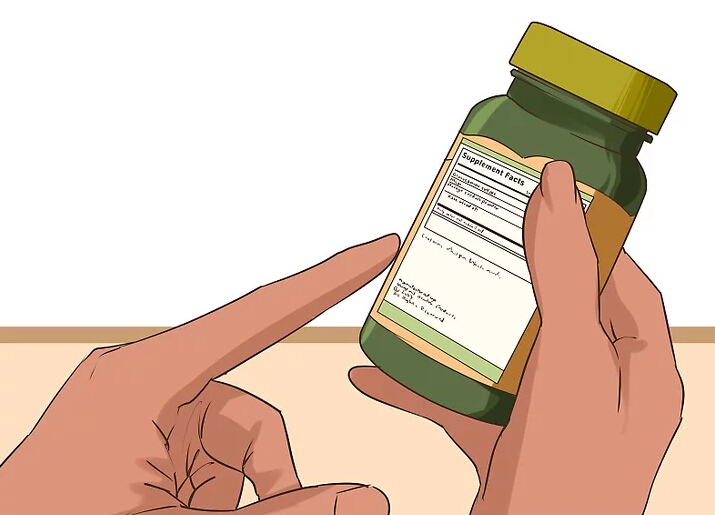What Are the Benefits of Chondroitin Sulfate?
What Is Chondroitin Sulfate?
Chondroitin sulfate, also called chondroitin sulfate, is a useful nutritional adjunct for individuals who wish to support the structure and function of the body’s connective tissues, such as skin, tendons, ligaments, bone, and cartilage.
Uses For Chondroitin
Joint Support: The glycosaminoglycan chondroitin sulfate is one of the most vital compounds in connective tissue responsible for building and supporting the ground substance of cartilage. Research suggests that it may also protect cartilage by moderating healthy enzyme activity.
What Is The Source?
Chondroitin sulfate is derived from the bovine trachea. The material is sourced from pesticide and hormone-free herds. The molecular weight is 15,000-20,000 daltons. Third-party test results indicate that the material typically contains 59.6% Chondroitin sulfate A (chondroitin-4- sulfate) and 23.4% Chondroitin sulfate C (chondroitin-6- sulfate). Ascorbyl palmitate is derived from corn dextrose fermentation and palm oil. Hypo-allergenic plant fiber is derived from pine cellulose.
What Are the Benefits of Chondroitin Sulfate?
Chondroitin sulfate is a glycosaminoglycan formed naturally by the body for the synthesis and maintenance of connective tissue.
Glycosaminoglycans, formerly termed mucopolysaccharides, are an integral component of all connective tissues.
Connective tissues have various functions in the body. They support internal organs and connect bones to each other (ligaments), form bone, cartilage, and the walls of blood vessels, attach muscles to bones (tendons), and replace tissues that have been damaged. The two primary components of connective tissue are collagen and proteoglycans.
Collagen is the strong, fibrous protein that physically connects our tissues. Proteoglycans are large carbohydrate-rich structures, resembling a bottle-brush in the three-dimensional structure, i.e. a central protein rod with many strings of glucosamine-containing glycosaminoglycans extending outwards.
Proteoglycans hold large amounts of water forming a stiff gel by virtue of their dense negative charges from sulfates. Proteoglycans link to collagen fibers to help form connective tissues. They provide resiliency, load distribution, shock-absorbing, compressive, and lubricating properties to connective tissues and joints.
Chondroitin sulfate is supportive and protective of connective tissues in numerous ways. It is an excellent source of n-acetylgalactoaminoglycan for the synthesis and protection of proteoglycans associated with cartilage tissues.
Chondroitin sulfate tablets also protect existing cartilage by reducing water loss from the proteoglycan-formed gel and by inhibiting the enzymatic breakdown of cartilage. It is not yet clear to what degree chondroitin sulfate is absorbed. Of concern is the size of the chondroitin sulfate molecule — in particular, if it is too large to cross the intestinal lining. However, studies finding elevated plasma values of chondroitin sulfate tablets following oral administration, in addition to studies demonstrating the benefits of orally administered chondroitin sulfate, support the bioavailability of this supplement.
How Does Chondroitin Sulfate Help Arthritis?
It is believed chondroitin sulfate may be useful for people with osteoarthritis (OA), where there has been a breakdown of cartilage. It is thought that taking glucosamine and/or chondroitin supplements may relieve the pain and prevent or slow the breakdown of cartilage in OA. Note, most of the studies have looked only at OA of the knee, with very few studies of other joints (for example, hips, hands, and back).

